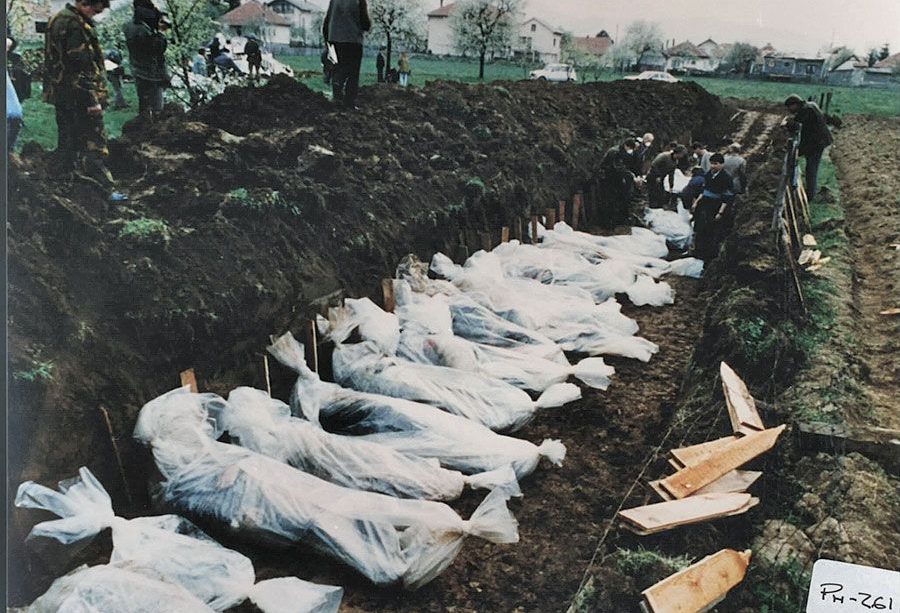Understanding the Current Situation in Bosnia

Introduction
Bosnia and Herzegovina, a country located in Southeast Europe, stands as a significant pivot in the context of the Balkans. It is a country rich in history and diversity but continues to wrestle with numerous challenges stemming from its tumultuous past. The importance of discussing Bosnia in 2023 lies in understanding its ongoing political instability, economic developments, and cultural diversity that shapes its identity on the European stage.
Political Landscape
In recent years, Bosnia has been under the spotlight due to its complex political structure, which is rooted in the Dayton Agreement of 1995 that ended the Bosnian War. The country is divided into two entities, the Federation of Bosnia and Herzegovina and Republika Srpska, each with its own level of autonomy. As of 2023, political tensions remain high, particularly concerning nationalist sentiments among different ethnic groups including Bosniaks, Croats, and Serbs. The latest elections in November 2022 were marred by accusations of voter suppression and irregularities, further complicating the path to a cohesive governance.
Economic Situation
Economically, Bosnia has faced significant hurdles. The unemployment rate remains stubbornly high, hovering around 20% as reported in early 2023, impacting the youth the hardest. However, some positive trends have emerged, particularly in tourism, which has seen a rise post-pandemic. With its stunning landscapes, historical architecture, and many cultural festivals, Bosnia is gradually establishing itself as an attractive destination for international visitors. Foreign investments have also shown signs of improvement, although challenges such as bureaucratic red tape continue to hamper growth.
Cultural Diversity
Bosnia’s rich cultural tapestry is one of its most enduring strengths. Cities like Sarajevo and Mostar are alive with a blend of Ottoman, Austro-Hungarian, and Yugoslav influences, embodying a unique identity that resonates with both locals and tourists. The coexistence of different religions and ethnic groups is a testament to Bosnia’s complex past, yet it also poses a challenge in building a unified national identity. The continued efforts towards reconciliation and cultural consolidation are crucial for the country’s long-term stability.
Conclusion
In conclusion, Bosnia and Herzegovina is at a crossroads in 2023, grappling with its political challenges, striving to improve its economic landscape, and celebrating its cultural richness. The road ahead requires both local and international support for reconciliation and sustainable development. As the country navigates these issues, it remains essential for the citizens and policymakers alike to work towards a more unified and prosperous Bosnia that respects its diversity while fostering a stronger national identity.









